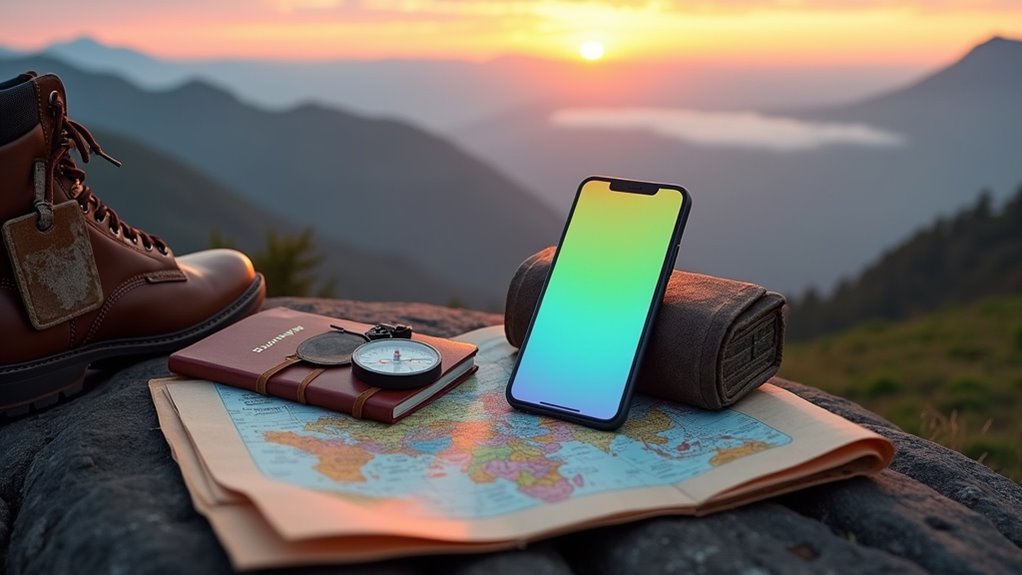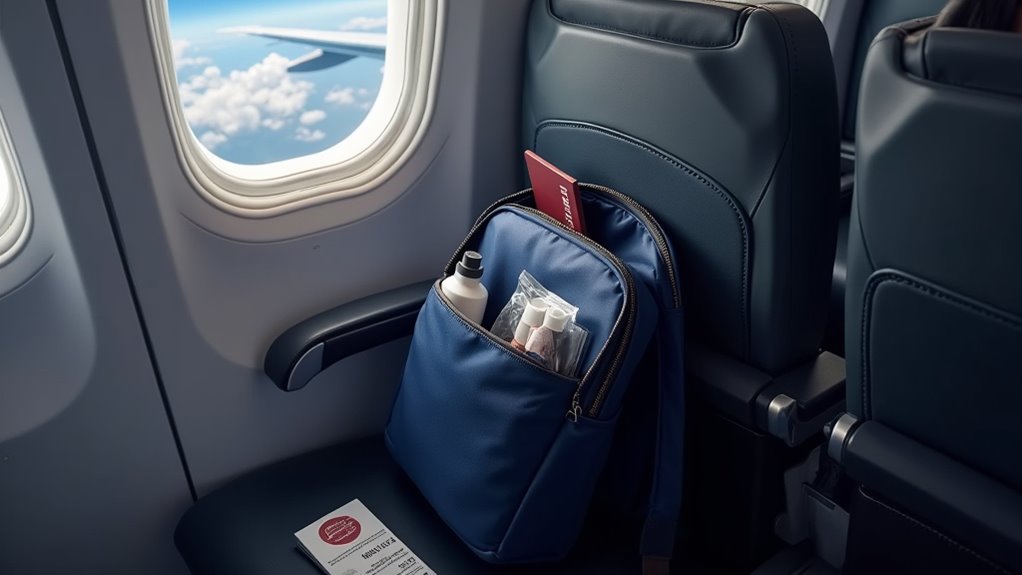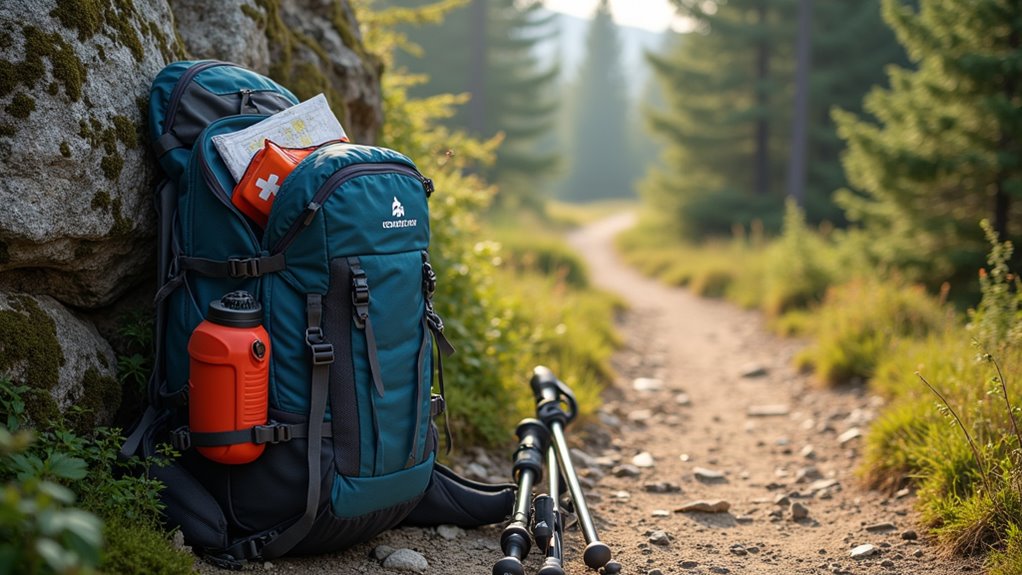To save money as a backpacker, set clear travel goals, estimate daily costs, and create a detailed budget for destinations, nights, and activities. Research and book hostels or camping options for affordable accommodations, cook using local market produce instead of frequent dining out, and favor public transport or walking to reduce transit expenses. Use budgeting apps for tracking purchases, seek free attractions, and consider city passes or volunteer work for extra savings. More ways can further stretch your travel funds.
Although backpacking offers a unique and immersive way to explore new destinations, managing your expenses is crucial if you want to travel longer and see more places. Start by setting clear travel goals, including the destinations you want to visit and the duration of your trip. These details help you allocate funds more effectively and avoid running out of money unexpectedly. Calculate the expected costs for accommodations, meals, transportation, and activities. Once you’ve estimated these expenses, create a budget plan that assigns specific amounts to each category so you can monitor your spending as you go.
Planning your meals in advance helps prevent overspending on dining out, especially in tourist-heavy areas where prices are inflated. Research each destination thoroughly to understand local costs and affordability. Use this information to seek more budget-friendly options, such as hostels, guesthouses, or even camping when possible. Cooking your own meals using local produce from markets is a cost-effective way to enjoy fresh food while sticking to your budget.
Hostels typically offer shared facilities and a social environment, making them ideal for meeting other travelers and saving money. Staying in hostels can also give you access to free or discounted meals and activities, which helps stretch your travel budget even further. Travel apps like Hostelworld provide a wide range of affordable choices, while platforms such as Airbnb allow you to book apartments for longer stays at reduced rates.
Transportation costs can add up quickly, so be strategic by booking flights during off-peak periods when fares are lower. Rely on public transportation, like local buses and trains, instead of taxis. When feasible, walk or rent a bike to explore cities, which not only saves money but also offers a closer look at local life.
Travel passes and route-planning apps like Rome2rio can help you find the most cost-effective ways to get around. For financial management, carry both cash and multiple payment cards, including Visa and Mastercard, to provide flexibility. Withdraw cash from local ATMs to minimize currency exchange fees.
Use budgeting apps like Mint to track your spending and avoid unexpected charges. Free attractions, walking tours, and city passes reduce entertainment expenses. To further stretch your budget, consider work or volunteer programs, teaching, freelancing, or house-sitting, which may cover accommodation or generate additional income while you travel. Solo travelers can benefit from joining group tours that offer discounted rates for attractions and transportation while providing opportunities to share costs with newfound friends.









